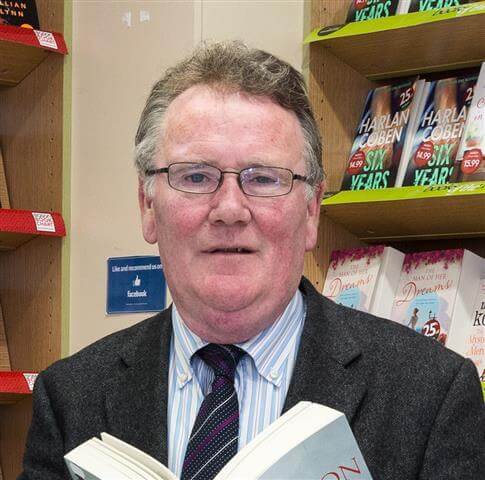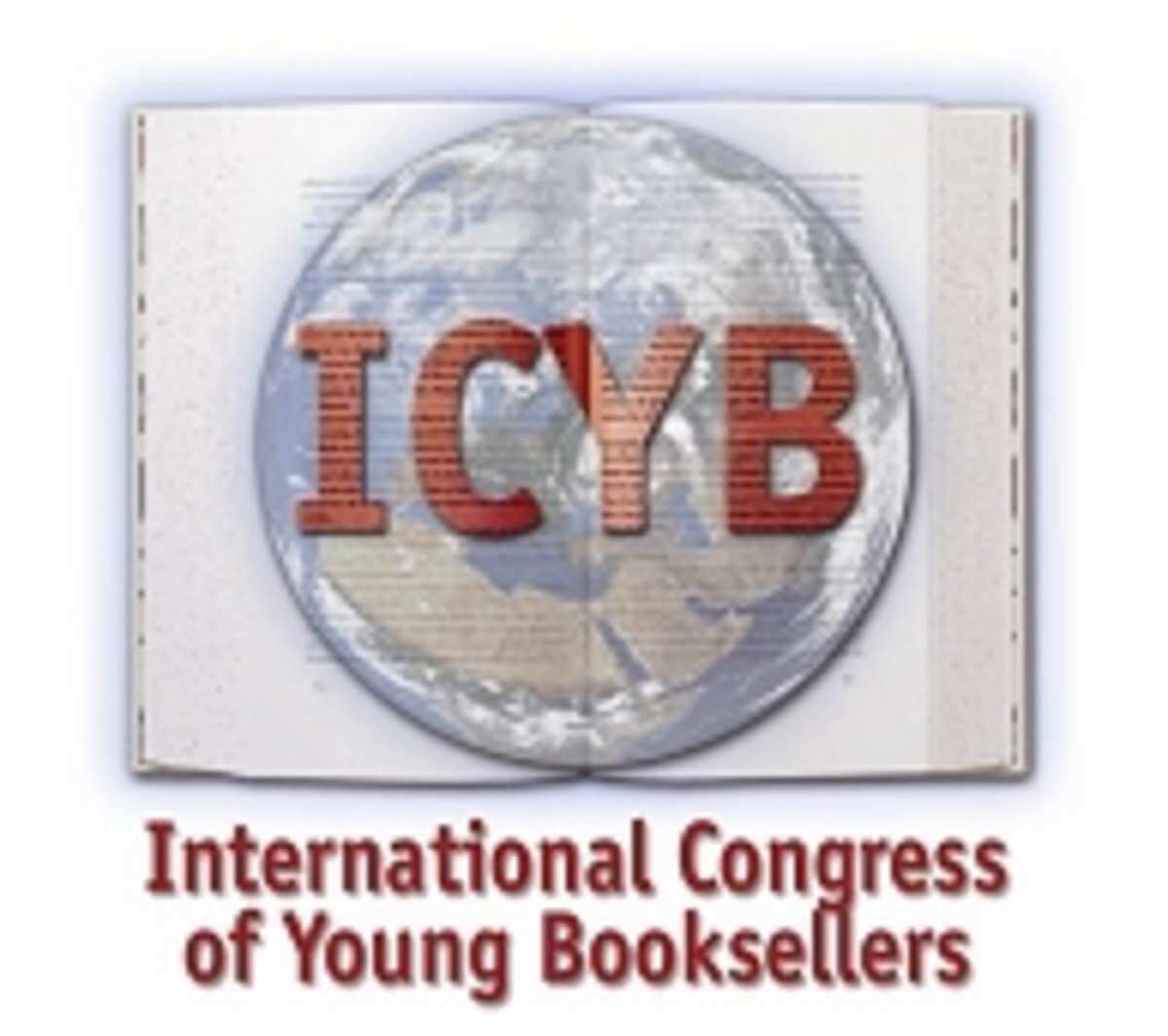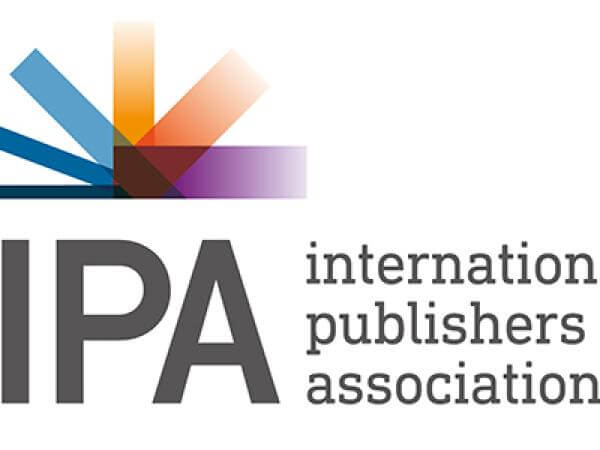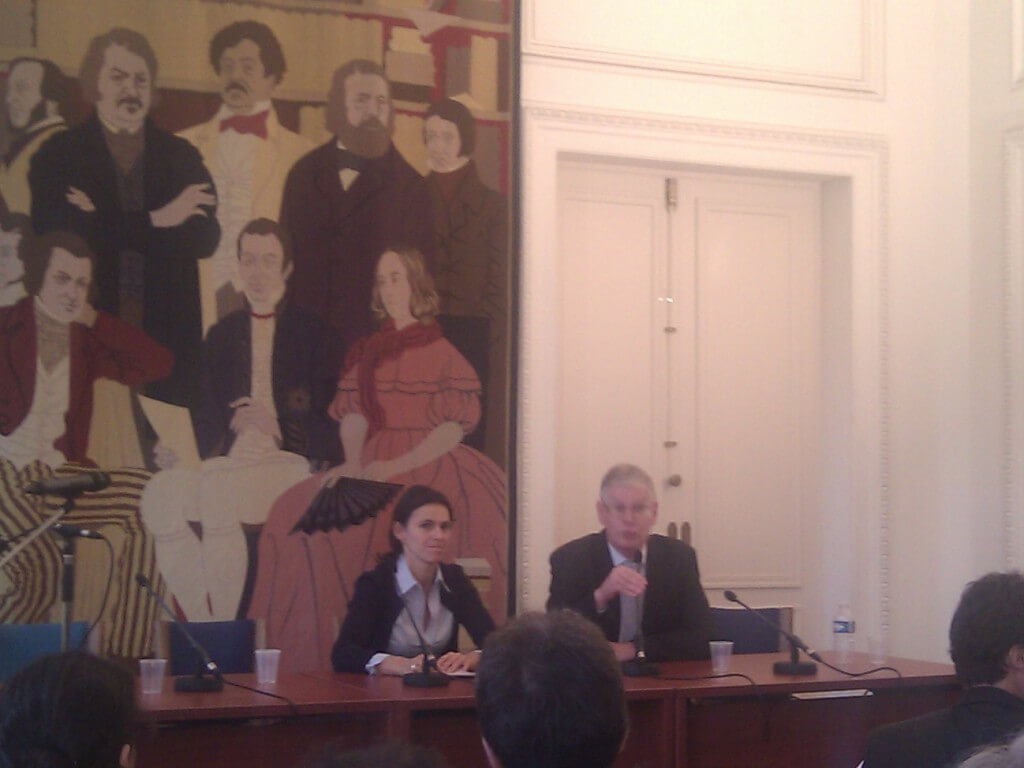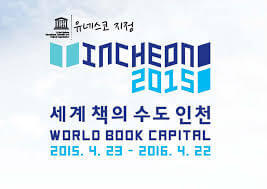John Mc Namee, President of EBF steps down from EBF presidency
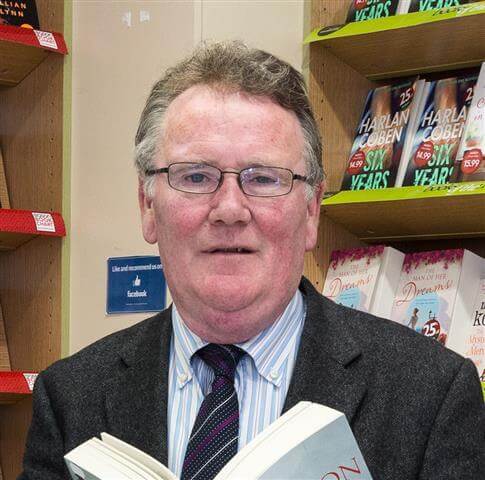
John Mc Namee who was first elected President of the European Booksellers Federation in 2005 and was re-elected for a second 3 year mandate in 2008, prolonged until 2013, stepped down from the position. Initially due to step down in 2011, John graciously accepted to prolong his presidency in the interest of taking forward the process then in course which led to the merger of the European and International Booksellers Federations into one single Federation.
Said John Mc Namee: “It has been a great honour and privilege to be able to work since 2005 as President of EBF. The industry is fortunate to have so many committed, enthusiastic and interesting people. As President, I have been able to make friends not just in Europe but all across the globe. I believe that with the Executive Committee and the Secretariat, we have been able to make a significant difference to the well-being of the bookselling community we represent. We have had to deal with many changes during the period, and we have been able to adapt and encourage our Members to position themselves well for their future. “
Tim Godfray, CEO of the Booksellers Association of the UK & Ireland commented: “John Mc Namee is a passionate supporter of the European Booksellers Federation, and has worked tirelessly as EBF’s President over the last 8 years – representing the interests of booksellers all over the European Union to the Commission, and other key European institutions. Through the work he and Fran Dubruille have done, EBF has gained in influence during his Presidency. “
The name of Mc Namee’s successor will be unveiled at the Frankfurt Book Fair. Vice-Presidents Dr. Kyra Dreher, Managing Director Retail Booksellers Committee, Boersenverein des Deutschen Buchhandels, and Vice President in charge of legal affairs at EIBF together with Fabian Paagman, CEO of Paagman Boekhandel in The Hague and Board Member of the Koninklijke Boekverkopersbond, Vice-President in charge of digital affairs at EIBF will oversee the interim period.
Kyra Dreher added: “The Book Industry is still changing rapidly. Therefore European Booksellers need to speak with one voice mindful of their strong assets and USPs. Fabian Paagman, an inspirational bookseller himself, and I are happy to agitate for the concerns of Booksellers all over Europe in the coming months.”
Fabian Paagman declared “With John McNamee as President of EBF, we not only had an extremely energetic, strong and positive leader of our organization, but also a true bookseller in heart and soul as the face of our organization and of booksellers throughout Europe. Being a bookseller myself, I feel strongly committed to keeping this important element well-reflected and represented within our organization on behalf of all Booksellers throughout Europe.”

